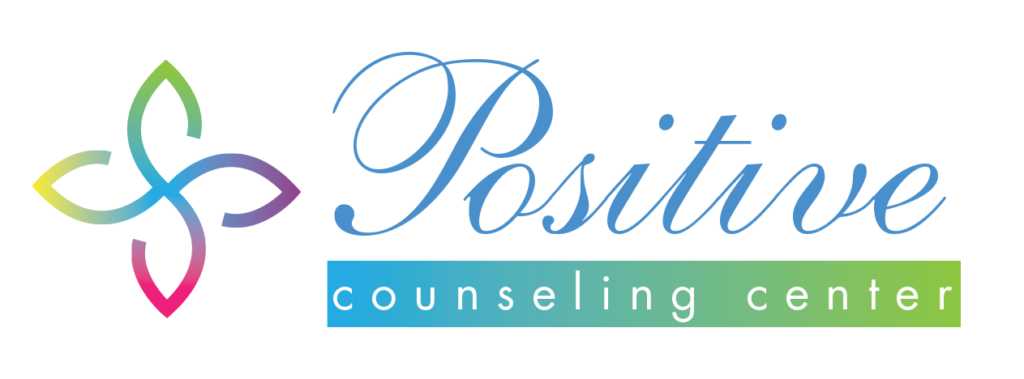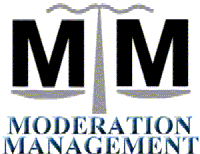Postpartum Depression in San Pedro & Long Beach

Do Not Suffer In Silence
Postpartum Depression (PPD) can affect anyone…
If you are concerned about the way you’re feeling after delivering your baby or while pregnant, please seek help with your situation. Having a baby is challenging and stressful even under the best of circumstances. The enormity of the change can turn your life upside down. Everyone struggles, but for some the struggle can hinder their ability to parent the child. It may also create marital problems. A PPD Self-test is available on this website to assist with further understanding the possibility of PPD. In therapy, you can receive the support you need to be the parent you want to be and enjoy your newborn. Juggling the demands of being a new mom can be painfully difficult. It’s important to know that you are not alone in the struggle.
Postpartum Depression Affects Women Who:
- Have recently delivered a baby up to one year postpartum
- Adopt Children
- Have a Miscarriage
- Have an Abortiom
- Have Infertility Treatment(s)
- Fathers May Also Suffer From PPD
When Does the Depression Begin?
 Women often report experiencing depression while pregnant or up to one year postpartum. If you have had a depressive episode anytime before pregnancy, you are at increased risk of becoming depressed before or after the delivery. The best precaution is to be aware of your risk factors and put a plan in place before the delivery of the baby.
Women often report experiencing depression while pregnant or up to one year postpartum. If you have had a depressive episode anytime before pregnancy, you are at increased risk of becoming depressed before or after the delivery. The best precaution is to be aware of your risk factors and put a plan in place before the delivery of the baby.
Are there other Perinatal Mood Disorders besides depression?
Yes, some other mood/thought disorders are:
- Bipolar Disorder
- Anxiety Disorders (Panic/Anxiety, Obsessive Compulsive Disorder)
- Postraumatic Stress Disorder
- Postpartum Psychosis
If you are struggling with PPD, “DO NOT SUFFER IN SILENCE”
Our services include individual and family therapy for matters related to Perinatal Mood Disorders and managing the stress related to the birth of a child.  Find out more information about our Postpartum Support Group. You may not be experiencing PPD, but have concerns about managing the demands of being a new mother or father. Either way, we are available to assist with whatever challenges you are facing.
Find out more information about our Postpartum Support Group. You may not be experiencing PPD, but have concerns about managing the demands of being a new mother or father. Either way, we are available to assist with whatever challenges you are facing.
Children deserve the chance to have a healthy Mom … Moms deserve the chance to enjoy their life and their children…
Other resources:
This is told by a boy who sees changes in his mom after she has a baby. As the boy explores his own feelings and questions, he is reassured by his mom’s continued love for him.
Blending together fiction storytelling with supportive communication strategies, THE LITTLE BLUE ROCKET SHIP encourages open dialogue about postpartum depression between family members.
Postpartum depression “affects up to one in seven women” (March of Dimes).






